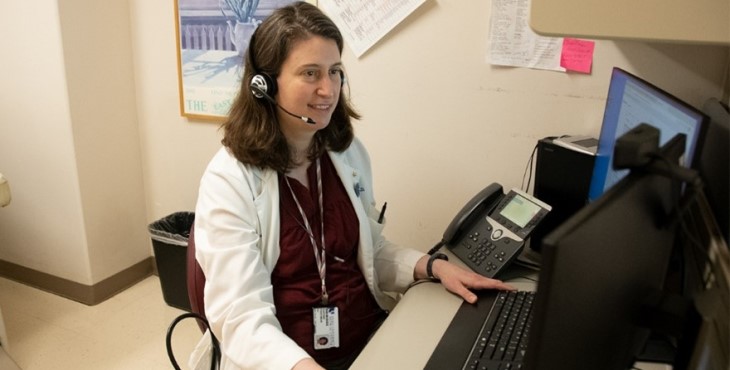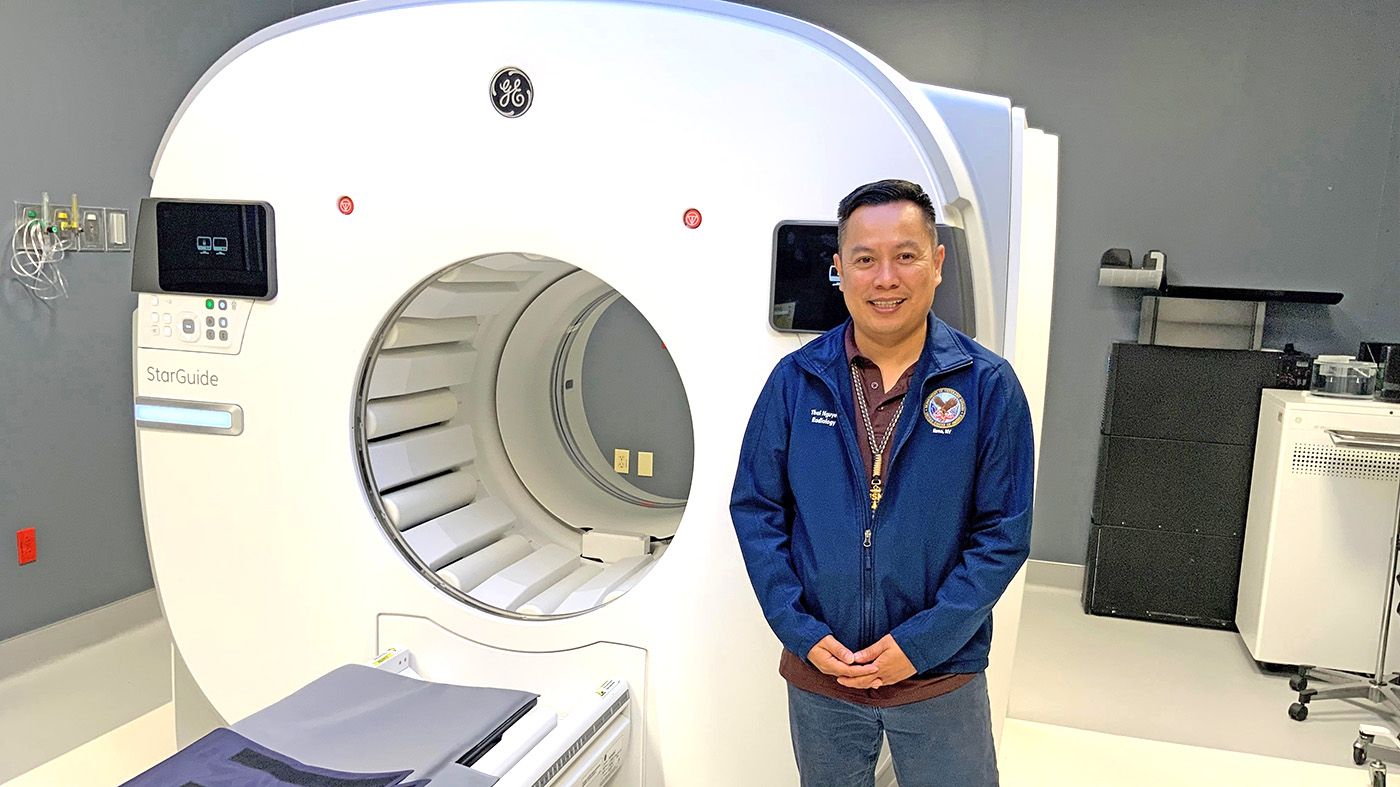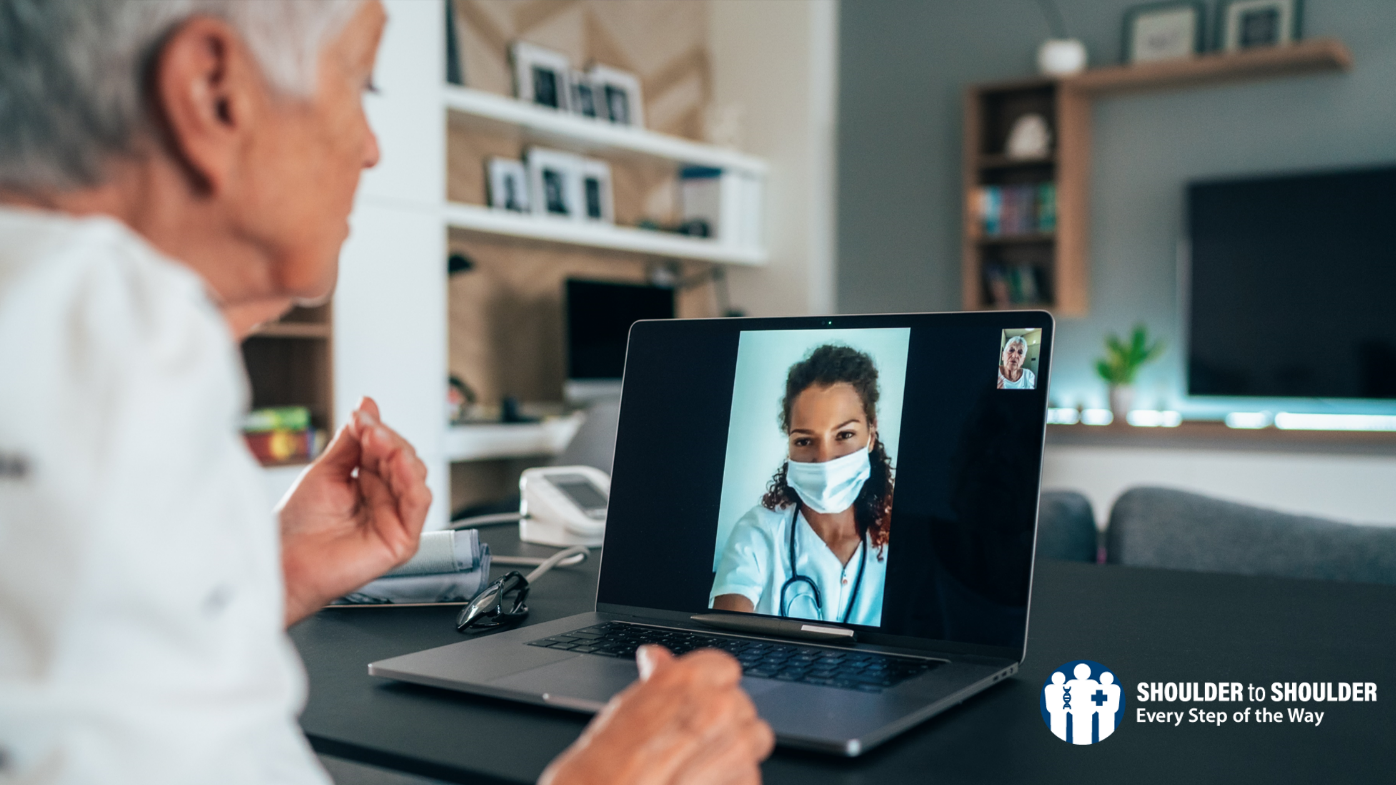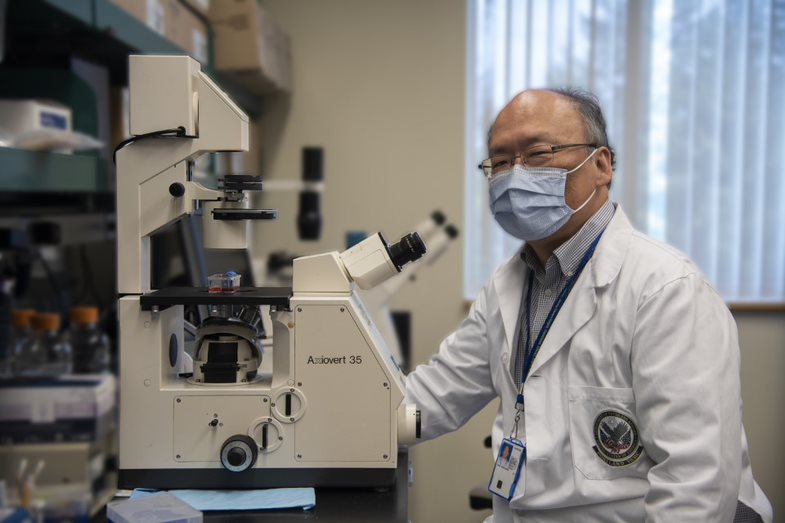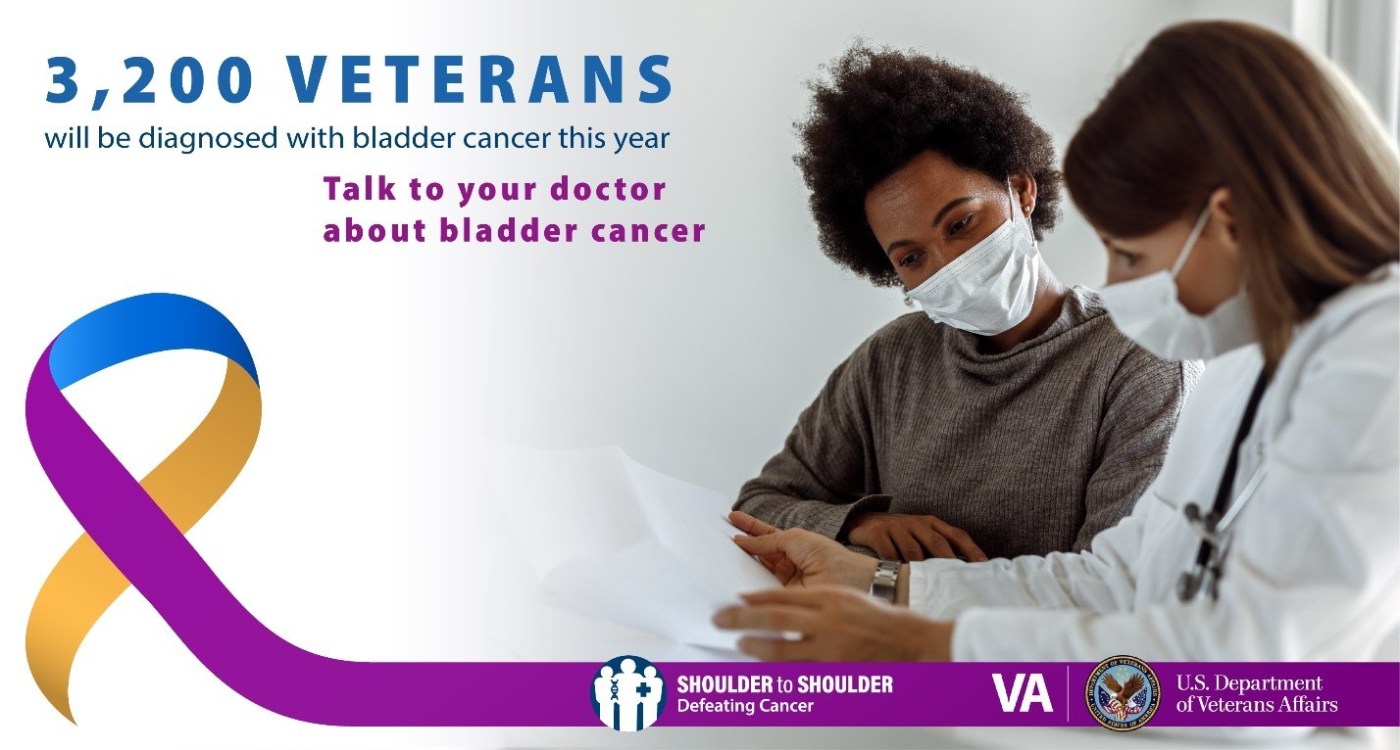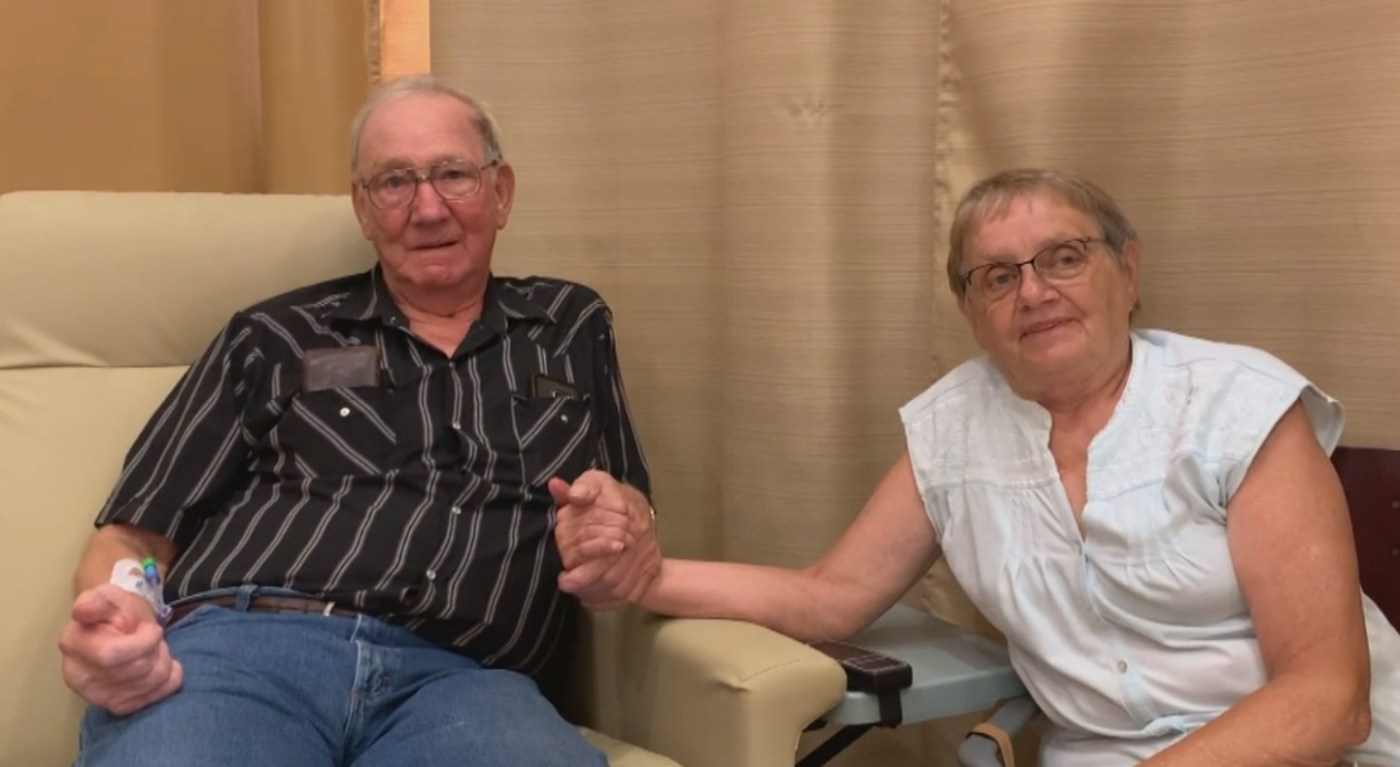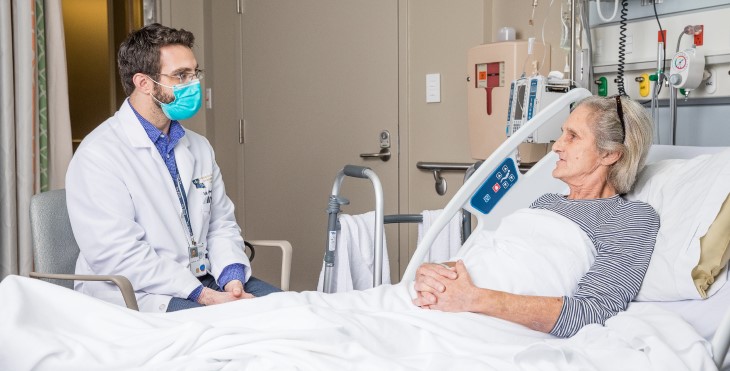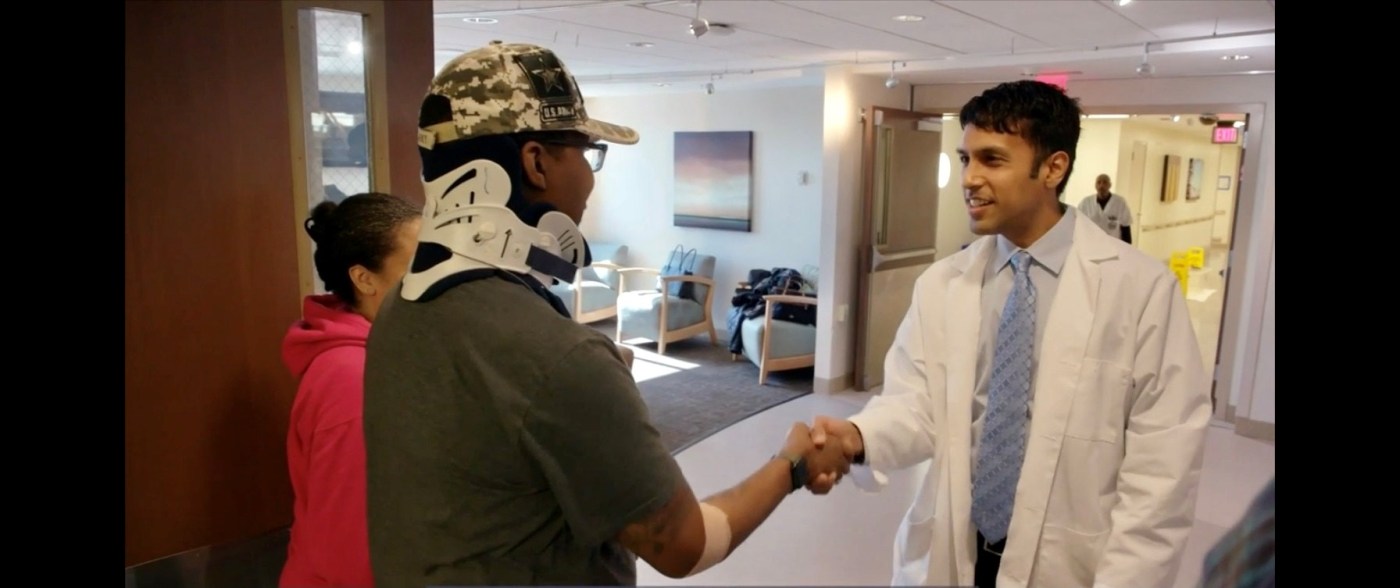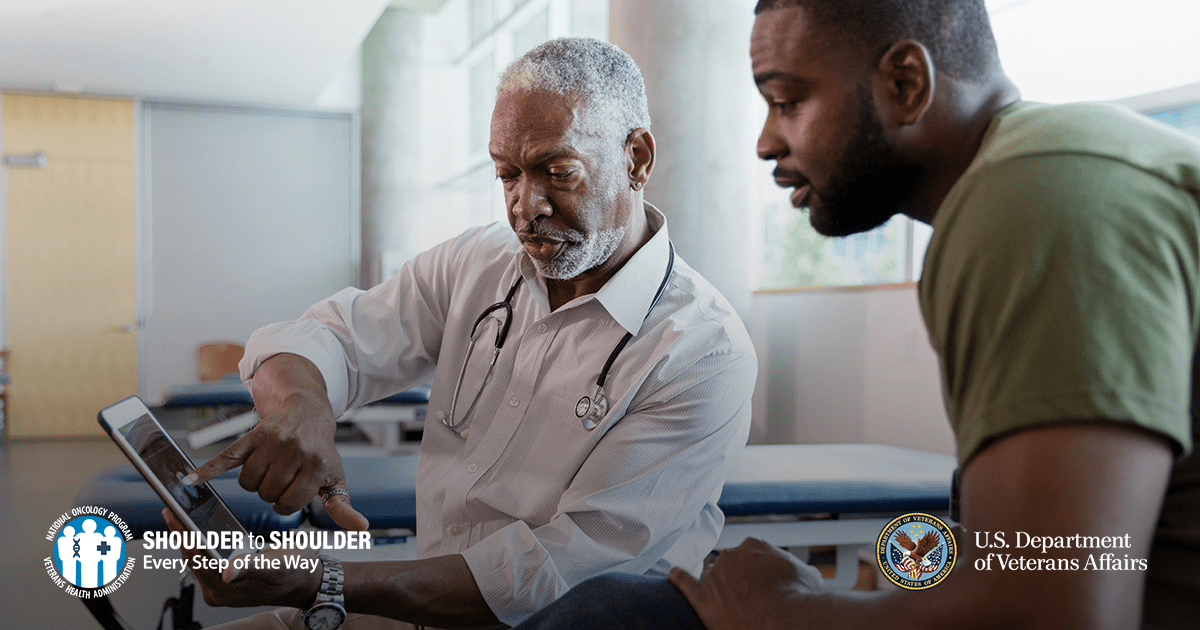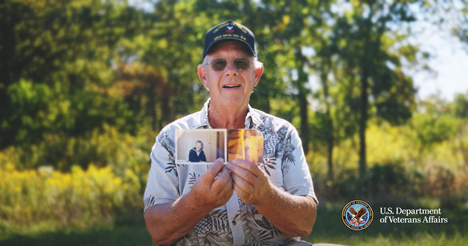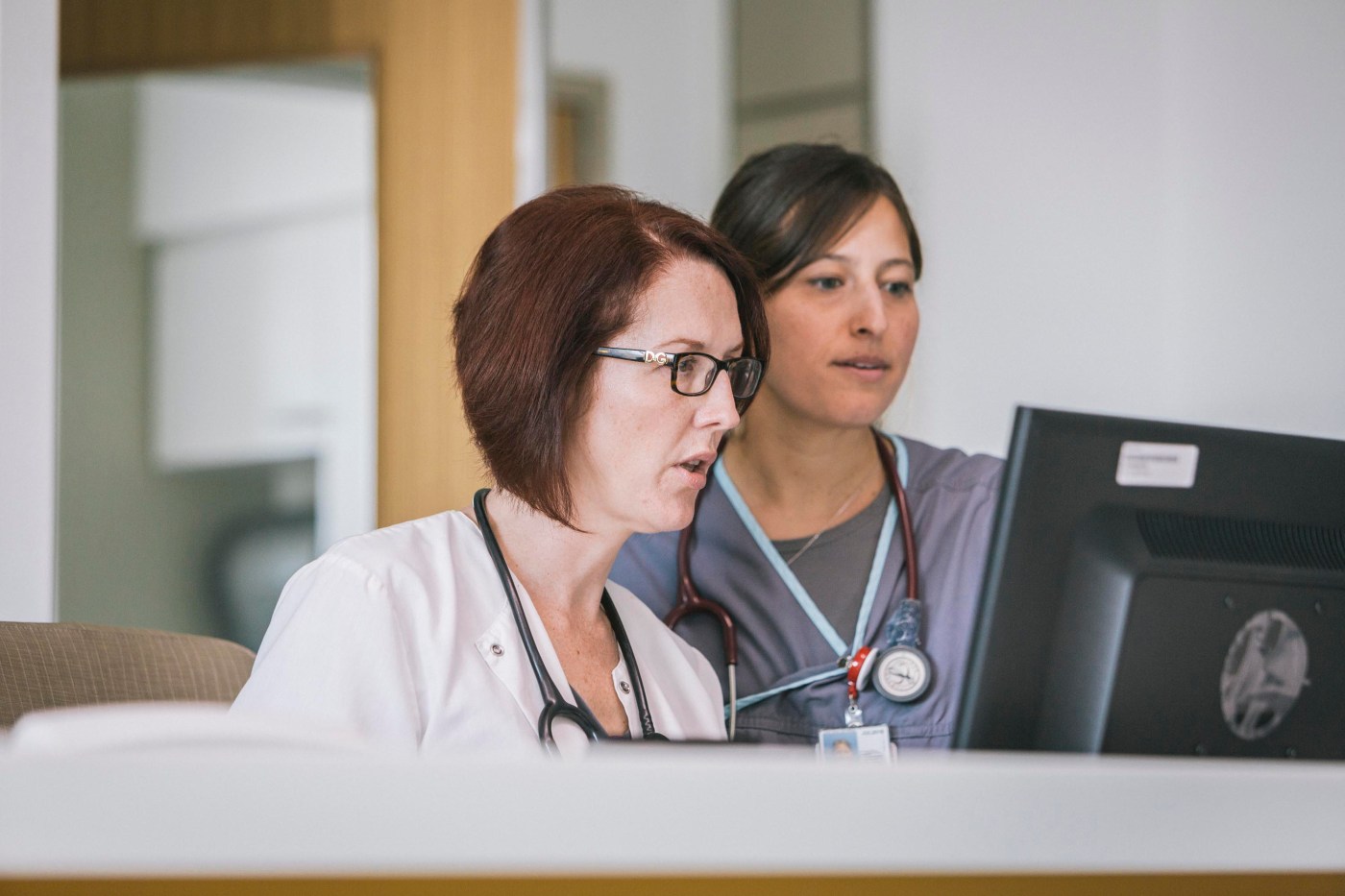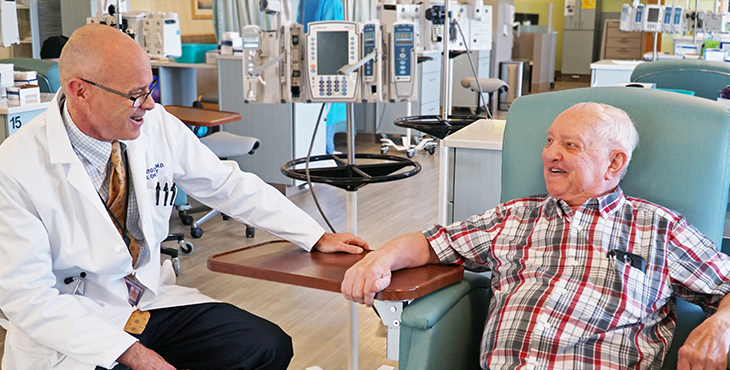VA is actively hiring oncologists and hematologists for telehealth positions that provide Veterans in rural areas with access to care.
Unveiling of a new molecular imaging system is a breakthrough in cancer treatment for Veteran patients.
Rural Veteran patients can access TeleOncology for cancer treatment two different ways through the Veterans Health Administration.
Breast cancer is the most common form of cancer for American women. Although mammogram screenings have lowered the number of deaths from breast cancer, better screening methods could help determine risk and help prevent the cancer before it develops, according to the study researchers.
VA encourages Veterans to talk to their doctors about the signs and symptoms of bladder cancer.
VA's Precision Oncology program has significantly grown over the past several years and today is used in almost every VA oncology practice nationwide.
A new VA partnership with Duke University and Baylor College of Medicine will help build a National Women Veterans Oncology System of Excellence.
VA teamed up with the Prostate Cancer Foundation (PCF) to encourage men (and their families) to better understand prostate cancer risk and taking proactive measures to protect their health.
The positive impact of VA’s focus on health equity in oncology can be seen in the cancer care treatment outcomes of Black male Veterans.
Aiming for the Moonshot: If you are diagnosed with cancer, Choose VA for your cancer care and survivorship.
When it comes to exploring new ways to care for patients, VA has a unique advantage: We’re the nation’s largest integrated health care system. And that means we can access the nation’s largest store of voluntary patient data.
Hear the latest on treating prostate cancer. Check out a Feb. 24 lecture, online or in person at VA headquarters, on precision oncology for Veterans.

